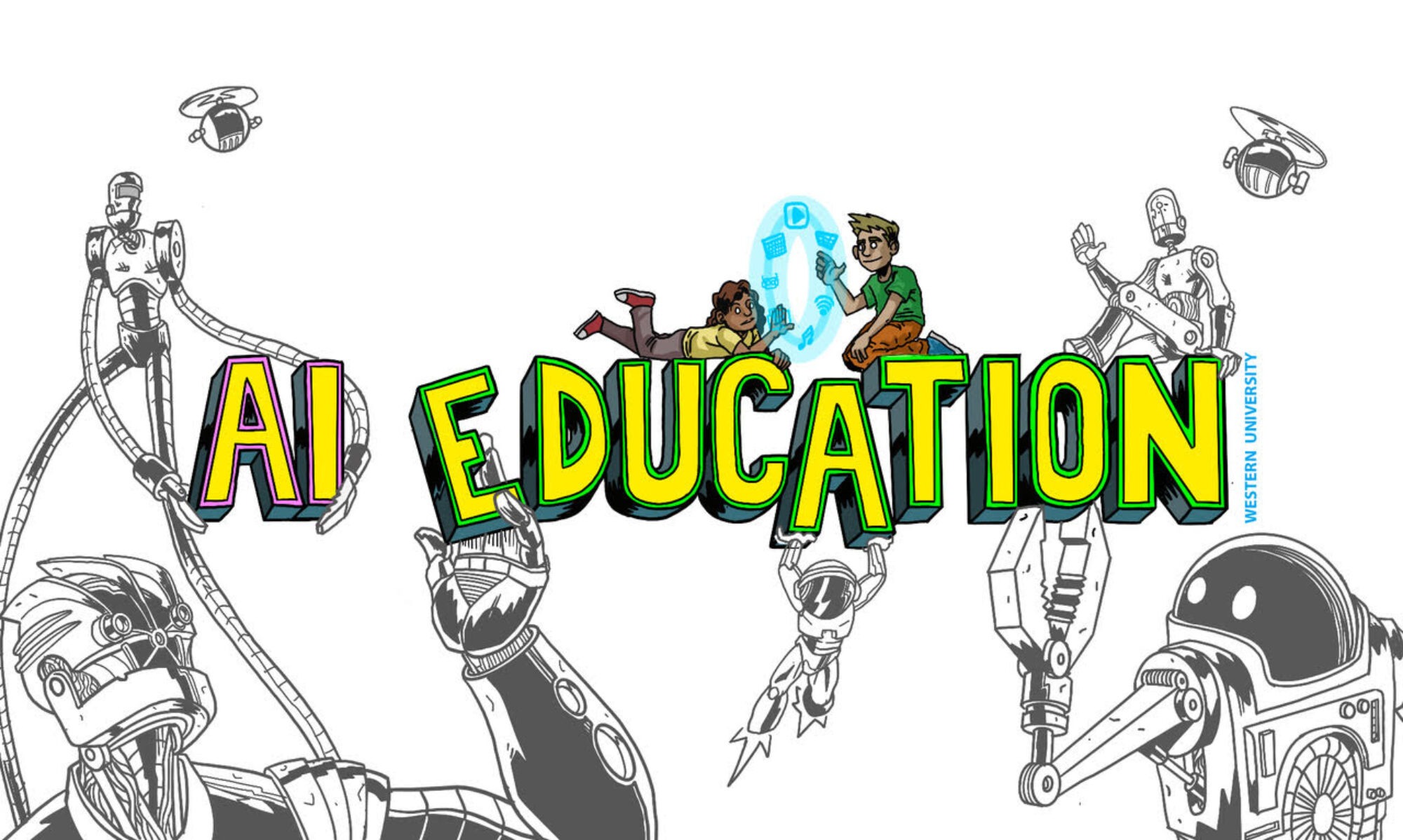Regulating AI
Worrying about AI as an ‘existential’ threat distracts from immediate risks, Balsillie says

Jim Balsillie, former co-CEO of Research in Motion, says discussing AI as an ‘existential’ risk only distracts policy makers from the real issues. (Sean Kilpatrick/Canadian Press)
Podcast available at https://www.cbc.ca/news/politics/jim-balsillie-artificial-intelligence-threats-1.7017897
“Former tech executive Jim Balsillie says artificial intelligence should be regulated, but thinking about it as an existential threat distracts from the immediate challenges posed by other new technologies.”
“Balsillie, who was co-CEO of Research in Motion (now known as BlackBerry Limited), said in an interview on CBC’s The House (4 November 2023) that politicians do need to pay close attention to new developments in artificial intelligence.”
“We like cars, but we don’t like drunken drivers speeding in front of schools. So we need to regulate to get the benefits and attenuate the harms,” he told host Catherine Cullen.
“But in the face of immediate problems linked to information technology — such as widespread data gathering and mental health problems made worse by social media addiction — thinking about AI as an “existential” problem is a “distraction,” he said.”
U.S. lawmakers haven’t yet regulated Big Tech. Artificial intelligence could be more challenging

“It’s this regulatory conundrum — AI may produce many benefits but left unchecked could negatively impact society and perhaps pose a significant threat to humankind”
“In Canada, the government has proposed the Artificial Intelligence and Data Act to “protect Canadians” and “ensure the development of responsible AI.” But there are no current federal proposals in the U.S.”
Read about this on CBC News (18 May 2023)”
‘Godfather of AI’ Geoffrey Hinton quits Google and warns over dangers of misinformation

“The man often touted as the godfather of AI has quit Google, citing concerns over the flood of fake information, videos and photos online and the possibility for AI to upend the job market.”
“Some of the dangers of AI chatbots were “quite scary”, he told the BBC, warning they could become more intelligent than humans and could be exploited by “bad actors”.”
Read about this in The Guardian (2 May 2023):
Artificial Intelligence: UNESCO calls on all Governments to implement Global Ethical Framework without delay
“Following calls by over 1000 tech workers this week for a pause in the training of the most powerful AI systems, including Chat GPT, UNESCO calls on countries to fully implement its Recommendation on the Ethics of Artificial Intelligence immediately. This global normative framework, adopted unanimously by the 193 Member States of the Organization, provides all the necessary safeguards.”

“The world needs stronger ethical rules for artificial intelligence: this is the challenge of our time. UNESCO’s Recommendation on the ethics of AI sets the appropriate normative framework. Our Member States all endorsed this Recommendation in November 2021. It is high time to implement the strategies and regulations at national level. We have to walk the talk and ensure we deliver on the Recommendation’s objectives.” — Audrey Azoulay, UNESCO’s Director-General
Read about this from UNESCO at:
Google chief warns AI could be harmful if deployed wrongly

“Google’s chief executive has said concerns about artificial intelligence keep him awake at night and that the technology can be “very harmful” if deployed wrongly.
Sundar Pichai also called for a global regulatory framework for AI similar to the treaties used to regulate nuclear arms use, as he warned that the competition to produce advances in the technology could lead to concerns about safety being pushed aside.”
Read this article in The Guardian (17 Apr 2023 ):
